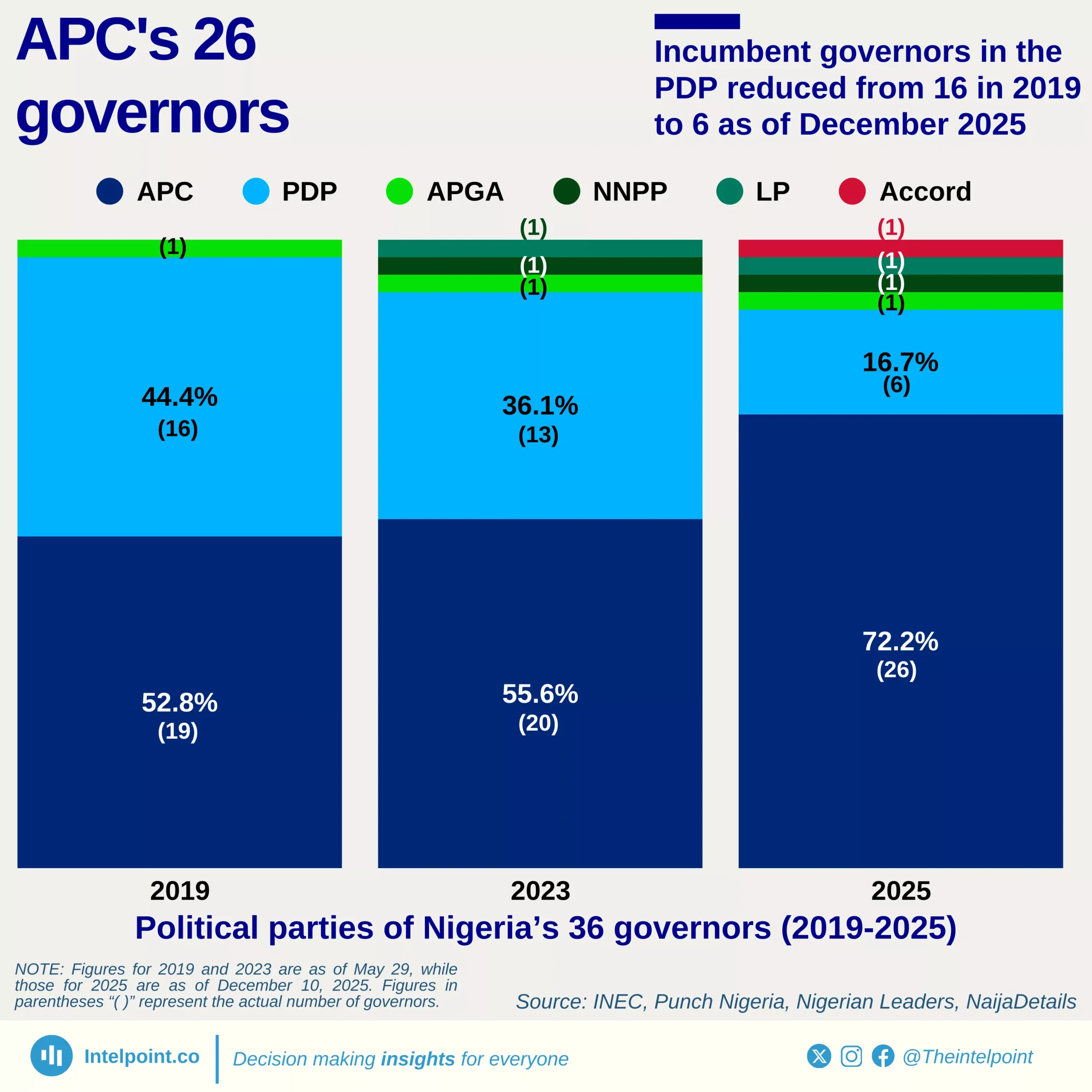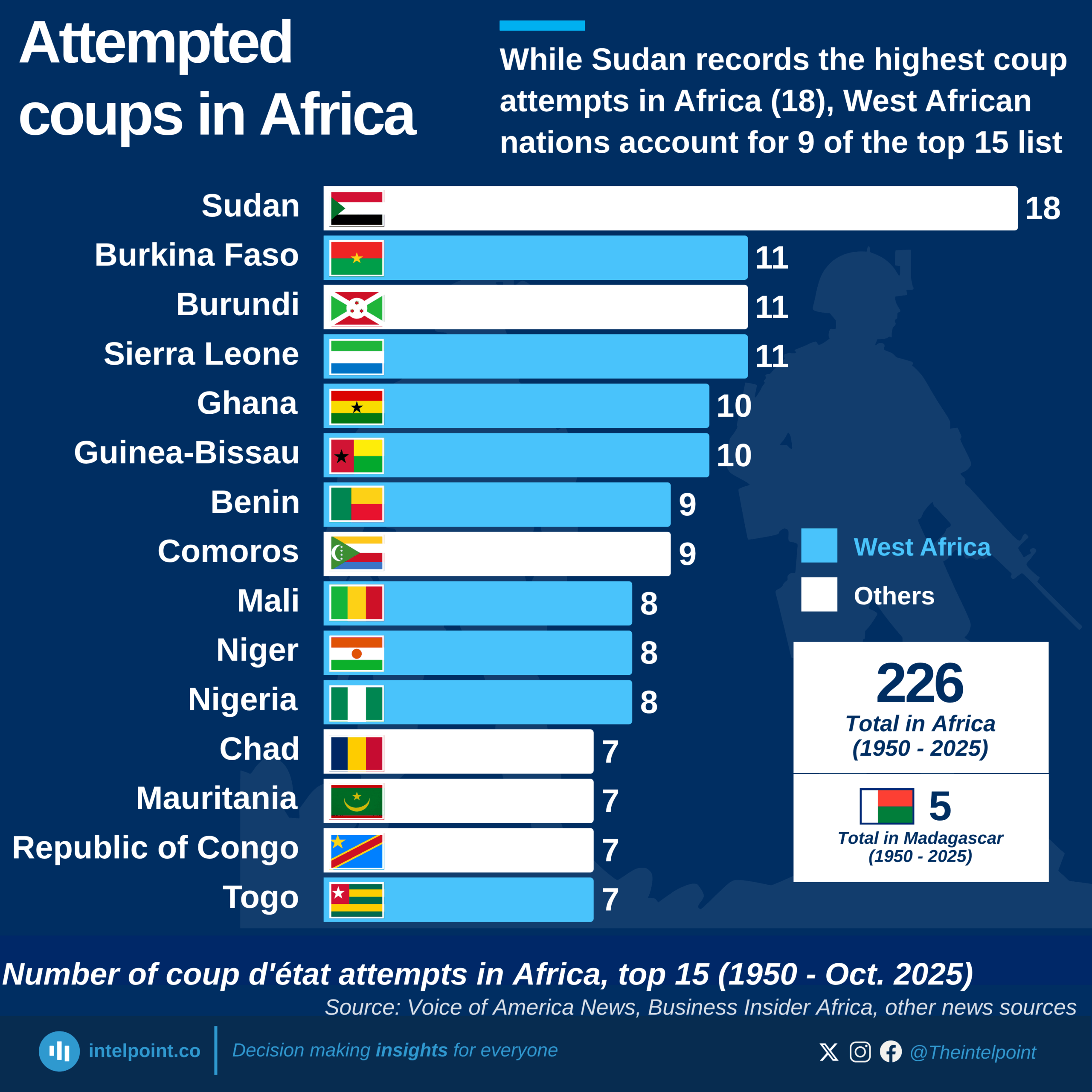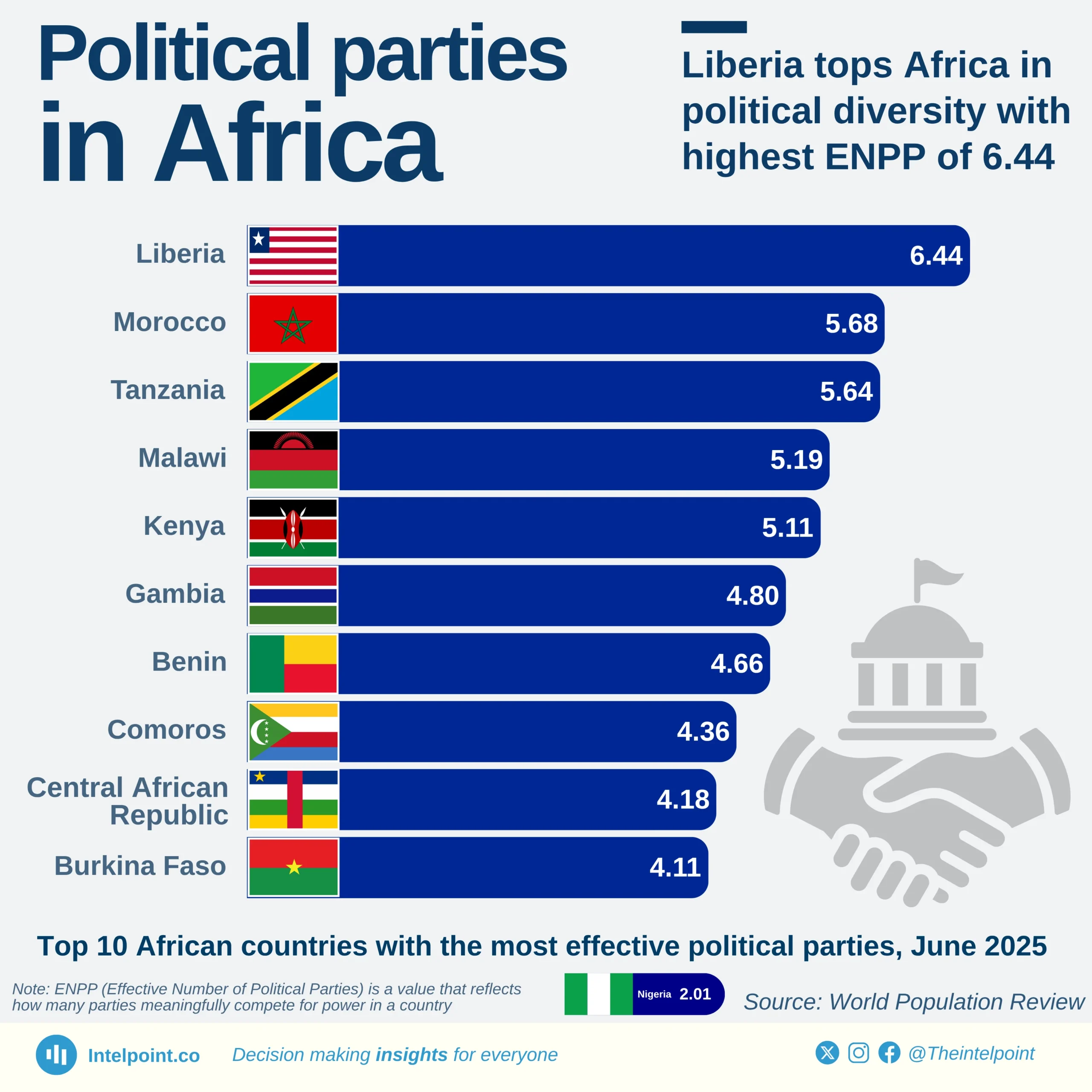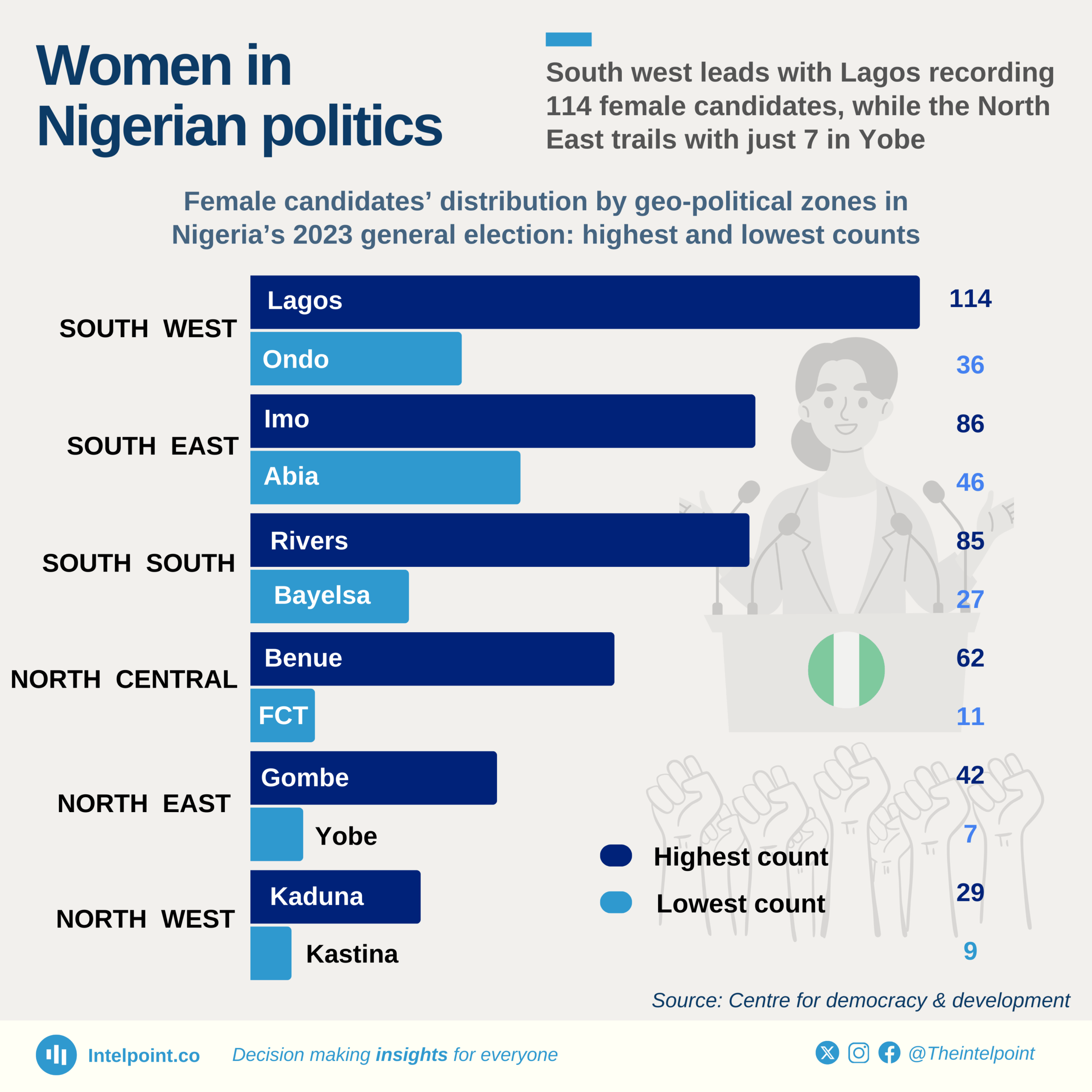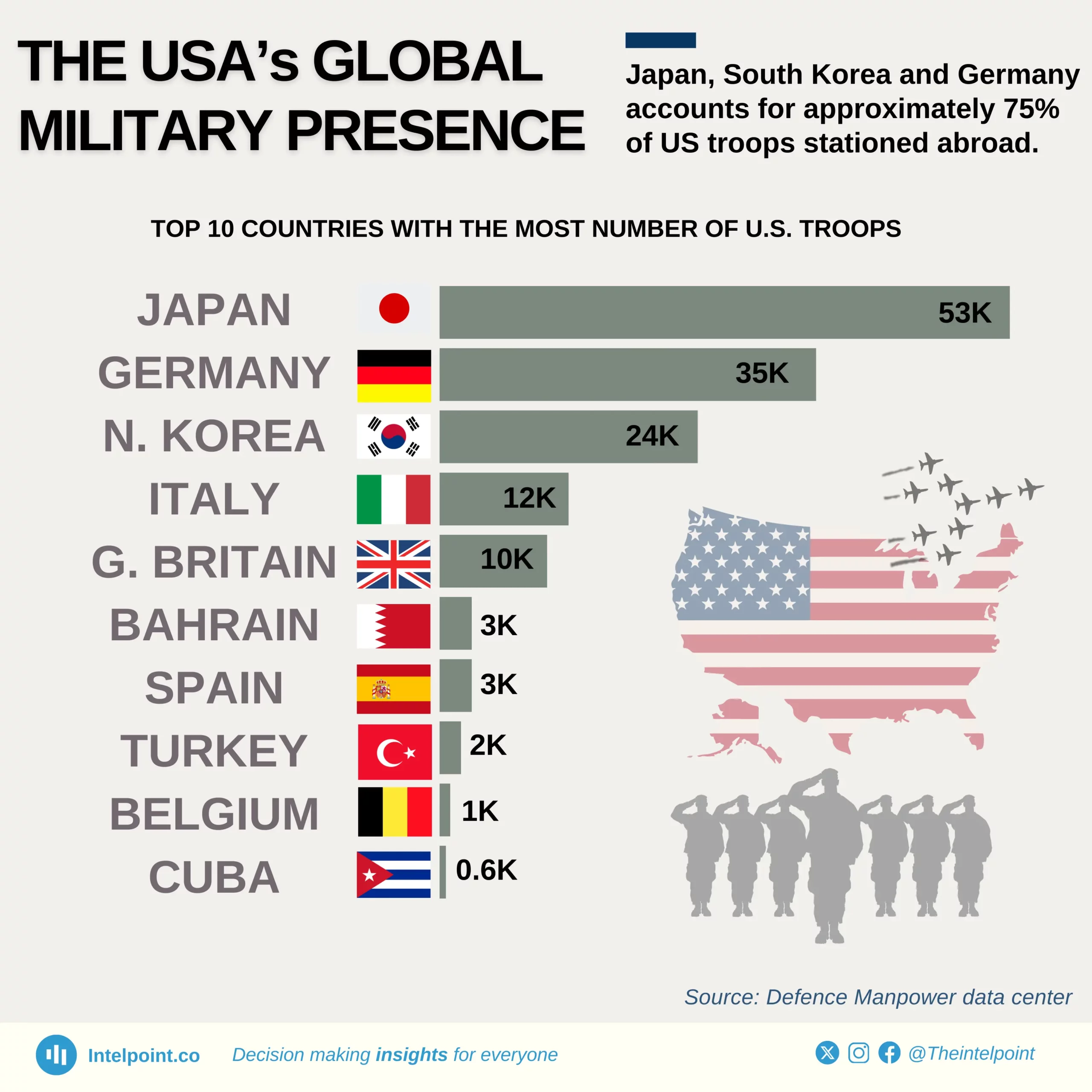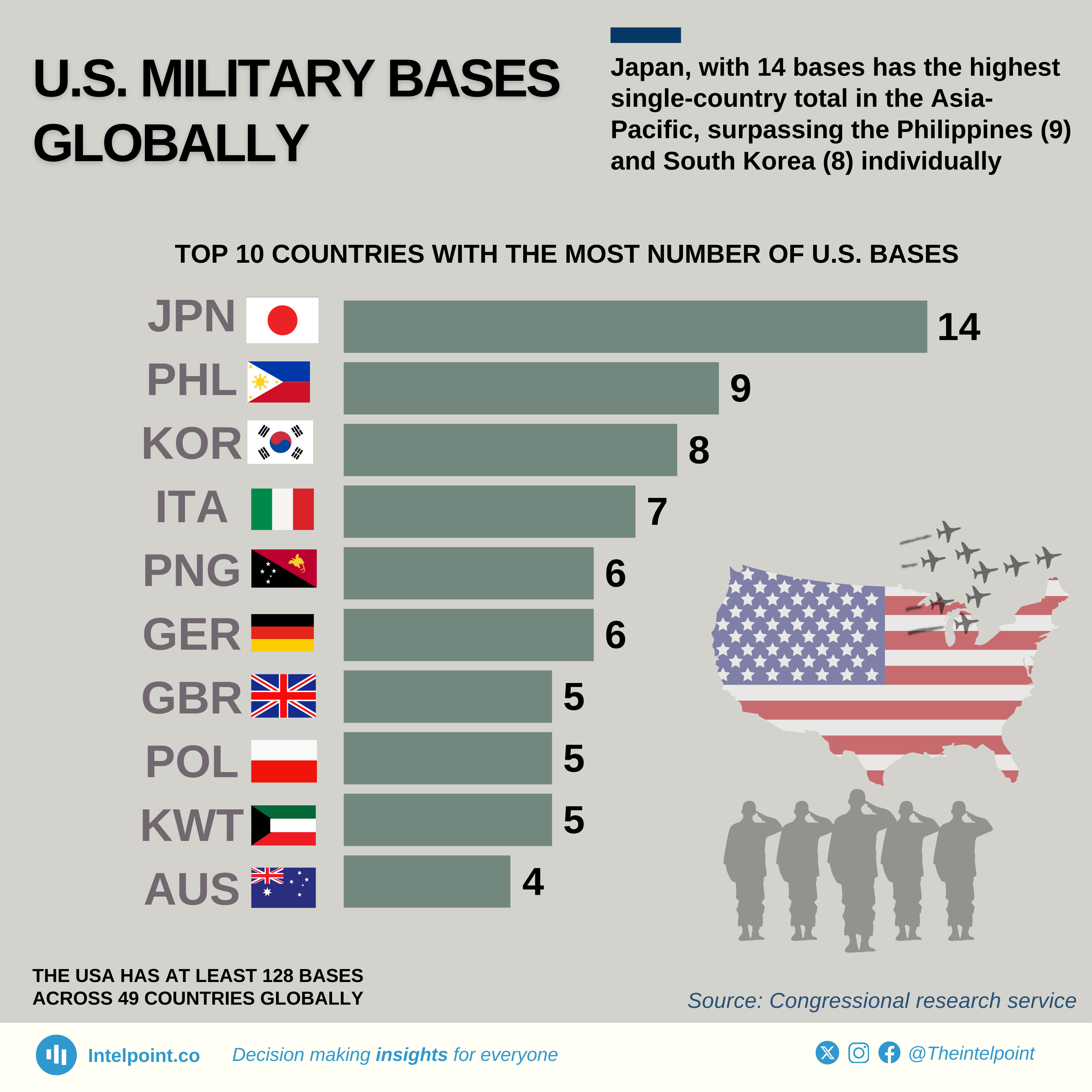The International Monetary Fund's quota system is both a financial commitment and a measure of influence, and this insight reveals the stark hierarchy of global economic power as encoded in SDR allocations. The United States stands at the top, commanding over 17% of total quota shares, a position that gives it significant weight in key IMF decisions, including the power to block major resolutions that require a supermajority.
Close behind are Japan, China, and Germany, whose quota shares mirror their historical and current roles in international finance. Notably, China’s 6.4% share reflects its emergence as a major global economic player, although, when compared to its GDP and geopolitical reach, it might still be considered underrepresented. With France, the U.K., Germany, and Italy all in the top ranks, the region's combined share rivals that of the U.S., giving Europe a disproportionately large voice relative to emerging economies.
Finally, countries like India and Russia, demonstrate how global institutions sometimes lag behind geopolitical shifts. Their quota shares below 3% reflect the lingering legacy of an older economic order.
